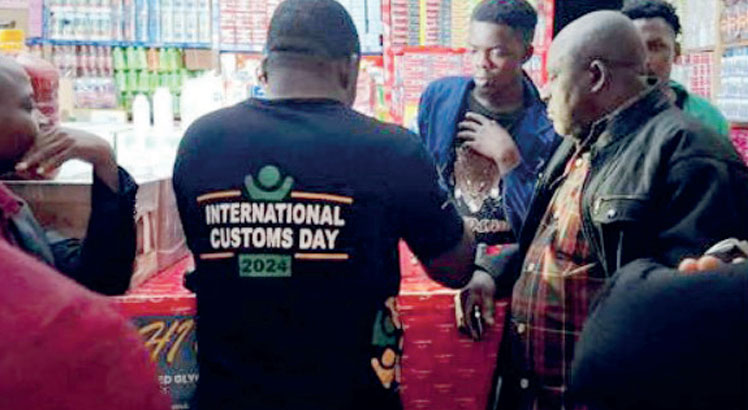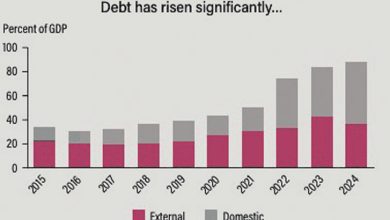Technology key to revenue mobilisation drive—Treasury
Ministry of Finance and Economic Affairs says technology is key in domestic revenue mobilisation and that Malawi Revenue Authority (MRA) will continue to enforce tax policy measures and administrative reforms.
The ministry has set a medium-term objective of reducing the overall fiscal deficit to six percent of gross domestic product (GDP), a target that hinges on sustained growth in revenue collection.
At the heart of the reforms, according to Ministry of Finance and Economic Affairs, is the operationalisaton of digital excise tax stamps also called kalondola being implemented by MRA with technical support from Sicpa Malawi, a company contracted in September 2023 to strengthen compliance in excisable products to curb the proliferation of illicit goods.

in one of the shops in Lilongwe. | Nation
He said the momentum has been reinforced through integration of systems as kalondola is now fully linked with Automated Systems for Customs Data (Asycuda), the customs management platform used at the country’s borders.
In an earlier interview, MRA acting head of corporate affairs Wilma Chalulu said: “The implementation has successfully achieved one of its key objectives of ensuring that all import declarations for the specified tariff lines are accompanied by tax stamps.”
She said the integration has also improved operational efficiency by cutting redundancies in customs processes and boosting compliance among importers.
Chalulu said the integration requires import declarations for affected tariff lines to include tax stamps prior to clearance, streamlining procedures and reinforcing the integrity of the importation system.
The country’s business community has gradually aligned itself with the government’s policy’s intent to boost domestic revenue through digital excise tax stamps.
Castel Malawi corporate affairs director Gloria Zimba, in an interview, urged consumers to avoid products without digital stamps, emphasising that compliance ensures the government captures the revenue needed to invest in essential services and infrastructure.
“The stamps allow the government to realise the correct amount of revenue to invest in essential social services development initiatives for economic growth,” she said.
Zimba said this reflects a growing recognition within the private sector that robust revenue systems can help to level the playing field by reducing unfair competition from smuggled or untaxed goods.
The phased rollout of digital tax stamps began on May 1 2024, covering cigarettes and alcoholic beverages, including beer, wine, spirits, whisky and opaque beer.
The measure was extended from July 1 to include other products.





